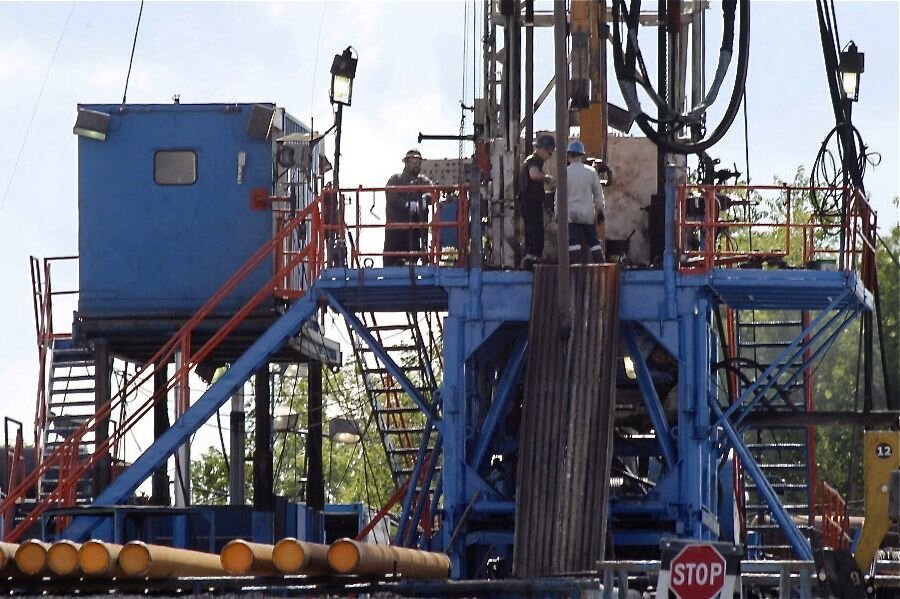Did the EPA just say fracking is safe? Depends who you ask.
Loading...
The Environmental Protection Agency’s recent report on hydraulic fracturing, more commonly known as fracking, may have given oil and gas companies cause for celebration, but the report’s conditions and exceptions drew enough attention to keep the debate alive.
Proponents of fracking rejoiced at the EPA’s announcement that it “did not find evidence that these mechanisms have led to widespread, systemic impacts on drinking water resources in the United States.” Erik Milito, director of Upstream and Industry Operations at the American Petroleum Institute, said the victory for oil and gas companies came as no surprise.
“After more than five years and millions of dollars, the evidence gathered by EPA confirms what the agency has already acknowledged and what the oil and gas industry has known,” he said in an API press release. “Hydraulic fracturing is being done safely under the strong environmental stewardship of state regulators and industry best practices.”
While the report’s results initially sounded promising, critics latched onto the “but:” the EPA listed several ways in which fracking could potentially contaminate drinking water, and said that in a number of cases, water was, in fact, affected. Though cases in which drinking water was impacted were small in number compared with the sample size of cases studied overall, the EPA said the proportion could be inaccurate, a result of insufficient data and other limitations to the study.
Michael Brune, executive director of environmental group The Sierra Club, was quick to cite the study’s results as a condemnation of fracking.
"The EPA's water quality study confirms what millions of Americans already know – that dirty oil and gas fracking contaminates drinking water," Brune said, according to The New York Times.
To further undermine fracking’s claim to safety, California Department of Conservation director Mark Nechodom resigned the day after the study’s release, in the midst of a scandal involving injections of wastewater into federally protected aquifers, the LA Times reported.
Problems with fracking seem to happen generally as a result of irresponsible practices, the study indicated; in addition to the California oil incident, the EPA reported in the study that the dangers in fracking lie in “water withdrawals in times of, or in areas with, low water availability; spills of hydraulic fracturing fluids and produced water; fracturing directly into underground drinking water resources; below ground migration of liquids and gases, and inadequate treatment and discharge of wastewater.”
If safe practices can be maintained, then, many believe fracking is an extremely valuable method of oil production, helping to sustain lower gas prices for the American consumer.
Natural gas obtained through fracking is also cleaner than coal, releasing half as much carbon dioxide, and thus has been called a good “bridge fuel,” or a source of energy to use during the transition from coal to cleaner forms of energy like wind and solar power.
Ultimately, though, the question of “to frack, or not to frack?” is left up to the states. Although Maryland and New York currently have bans on fracking, thousands of wells are fracked every year in other states across the country. Bob Perciasepe, former EPA administrator and current Center for Climate and Energy Solutions president, spoke hopefully about fracking, but advised states and oil companies to proceed with caution.
"I think EPA's identified that the risks are local and can be managed," Perciasepe said, according to USA Today. "It's up to states and industry to keep their eye on the ball."








